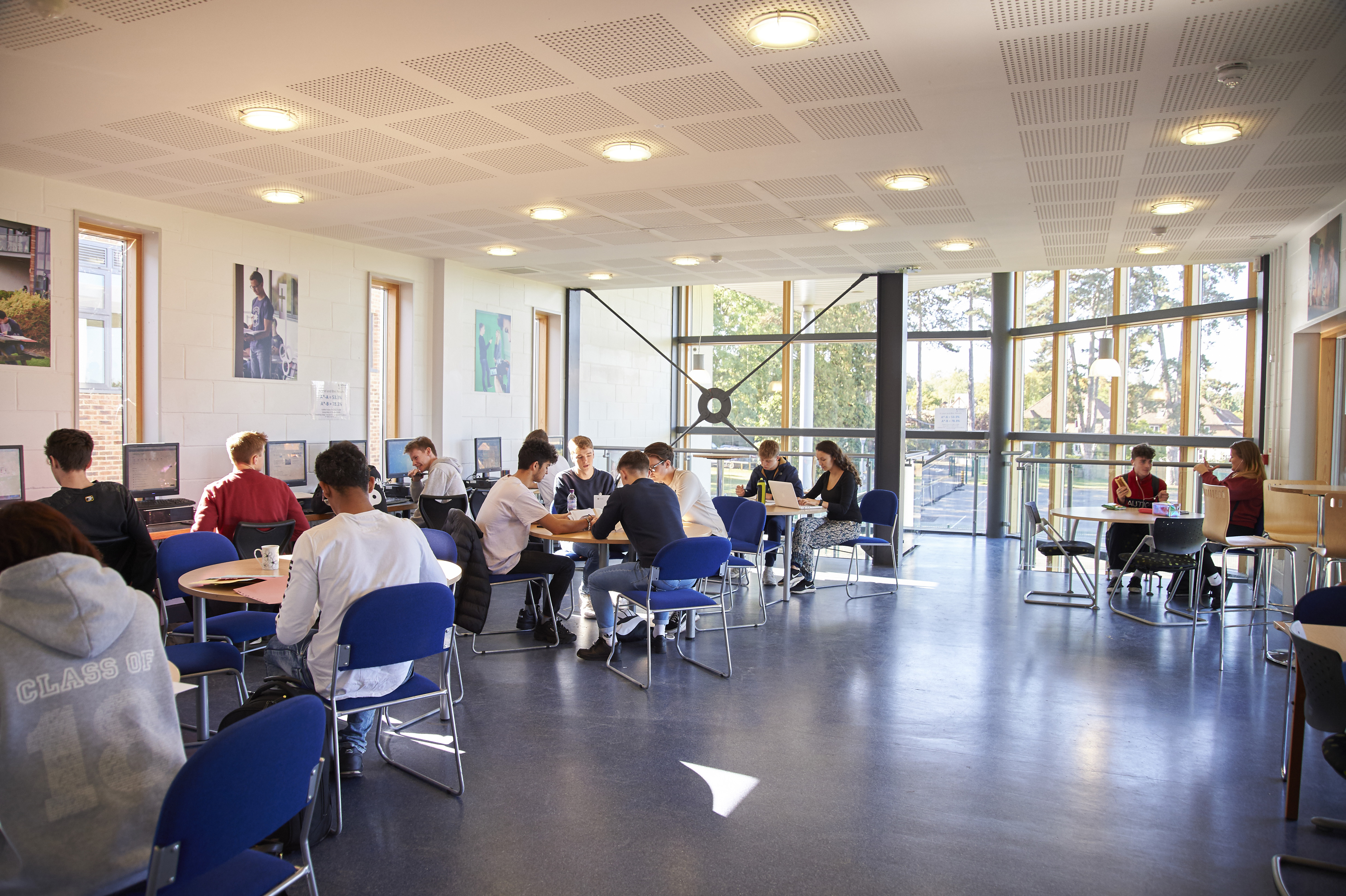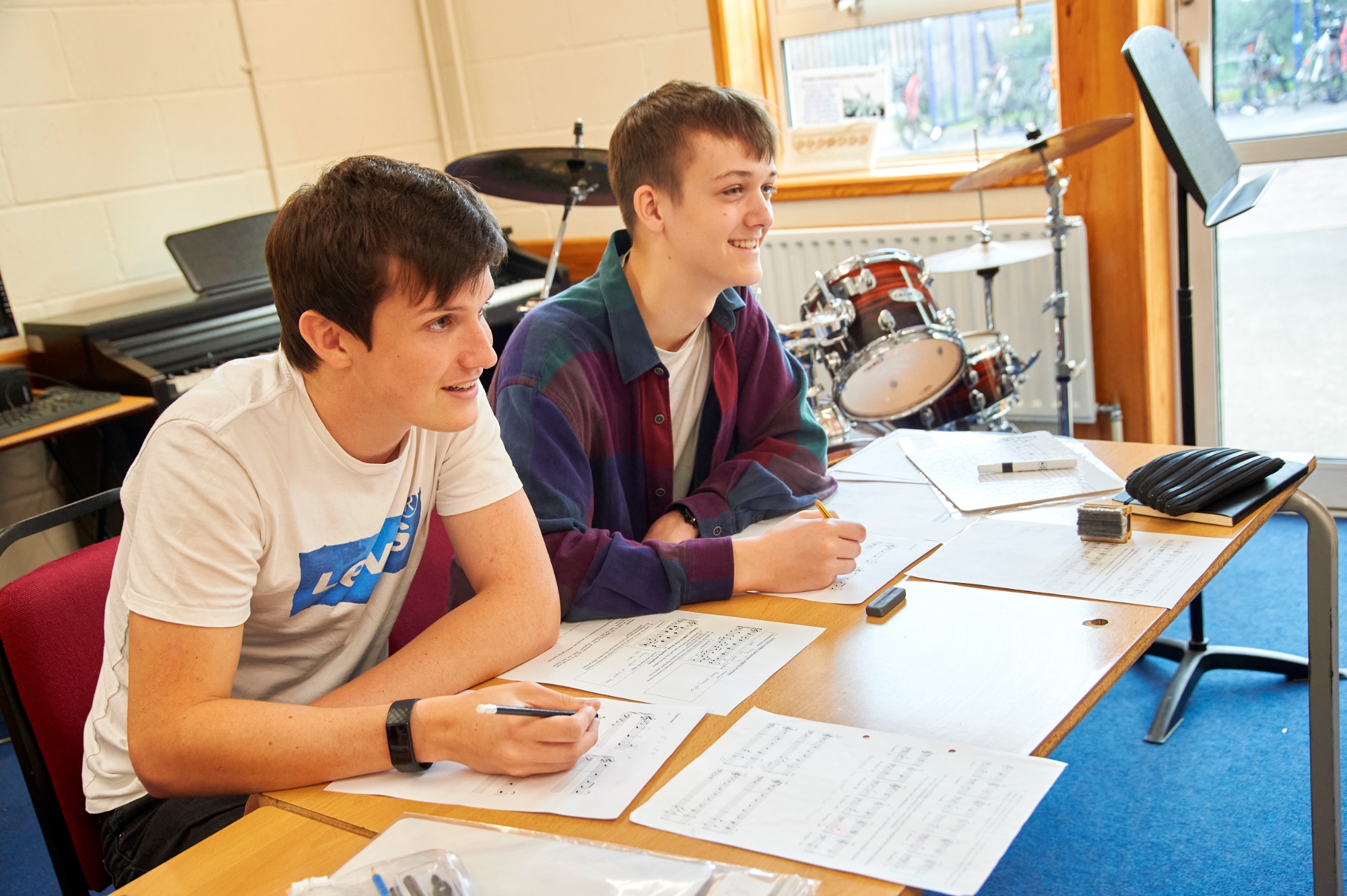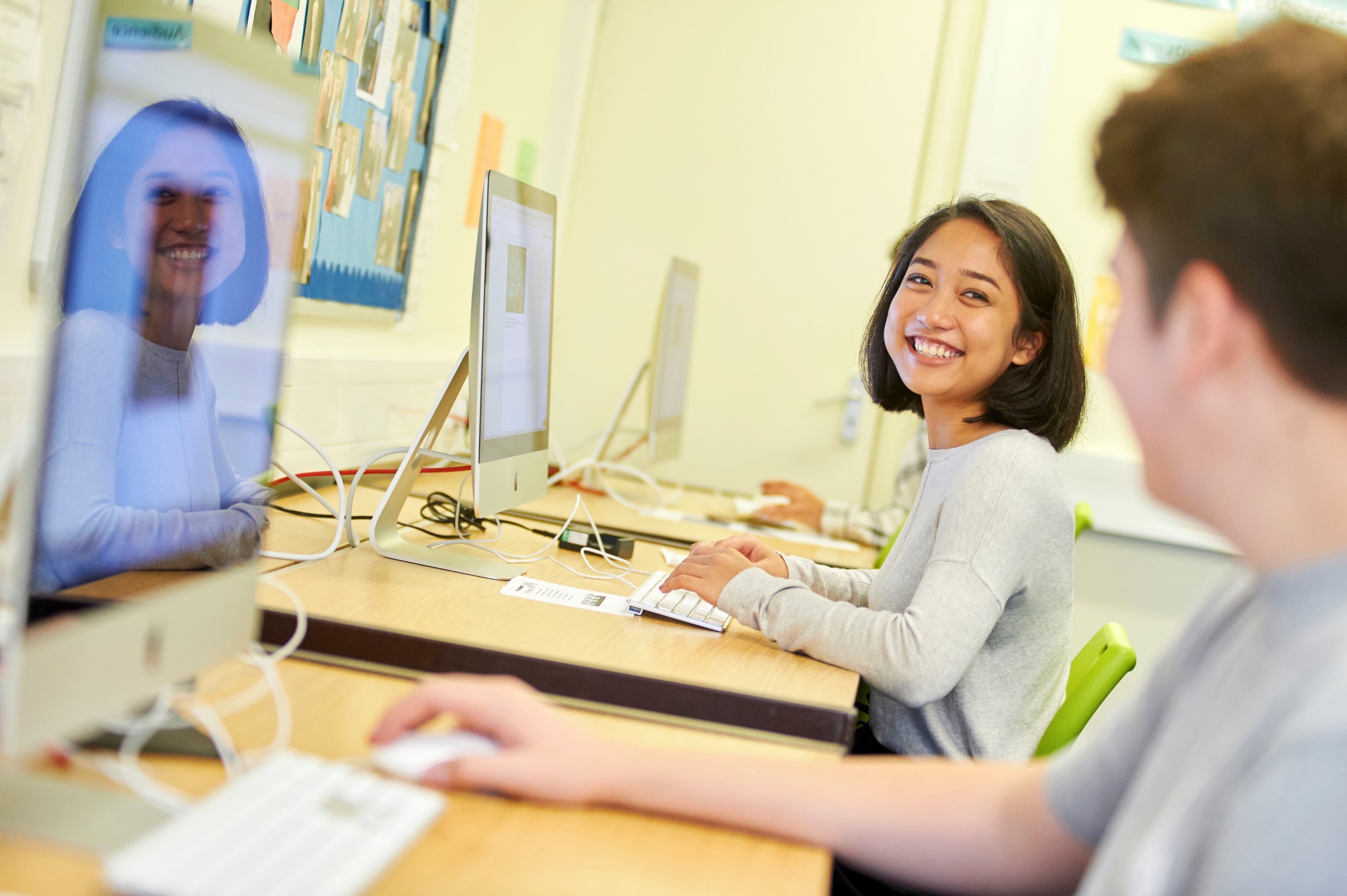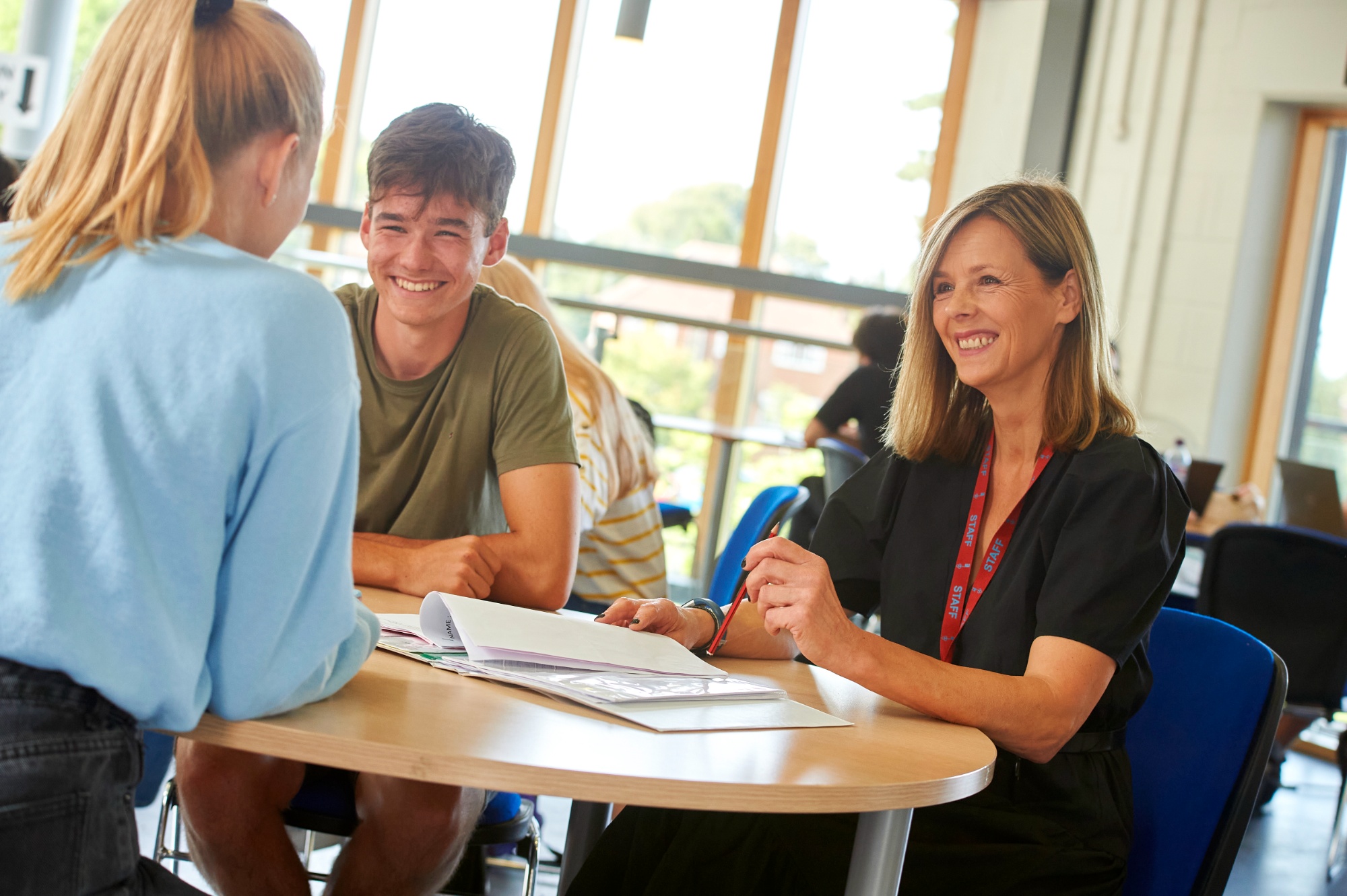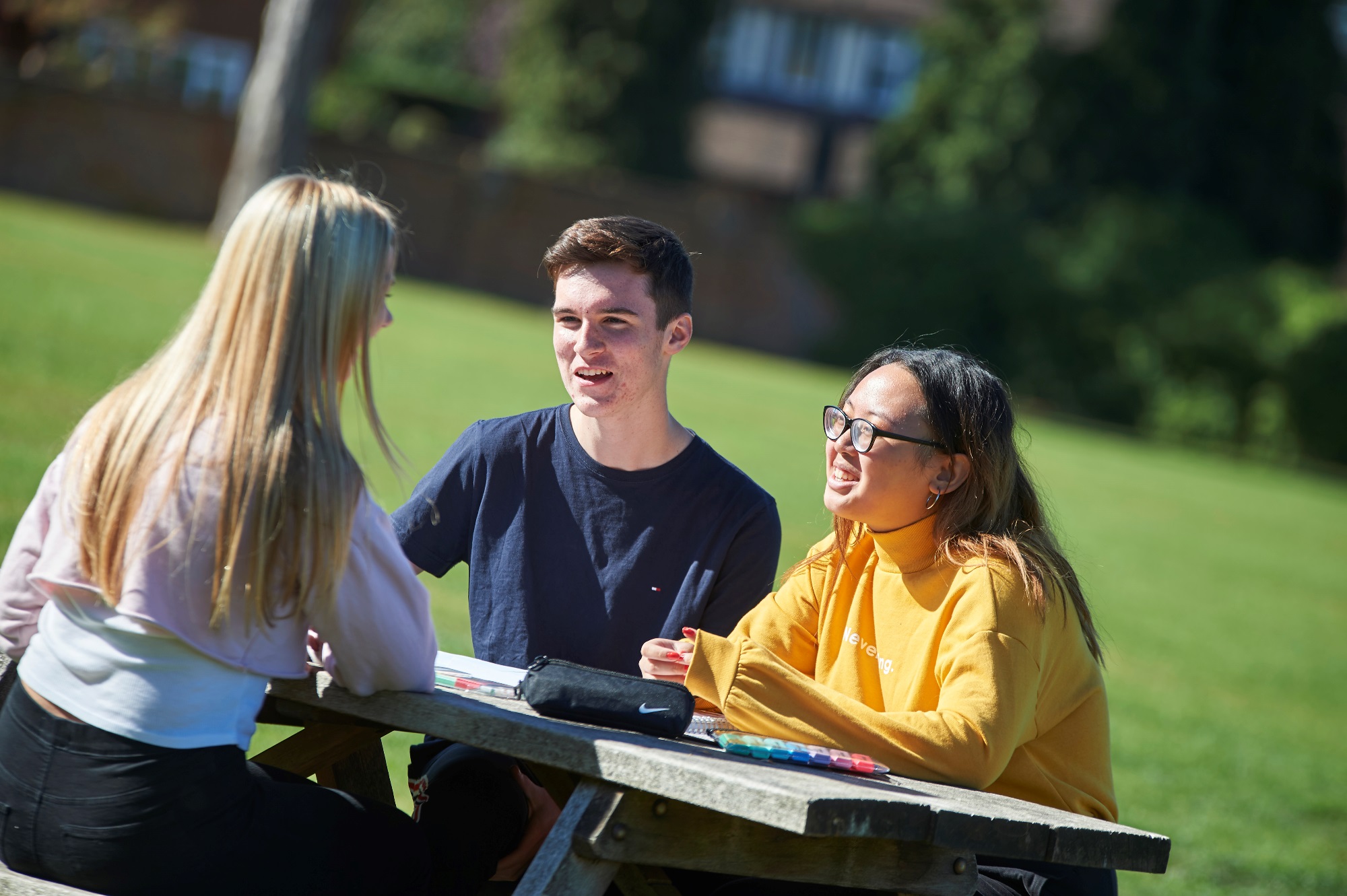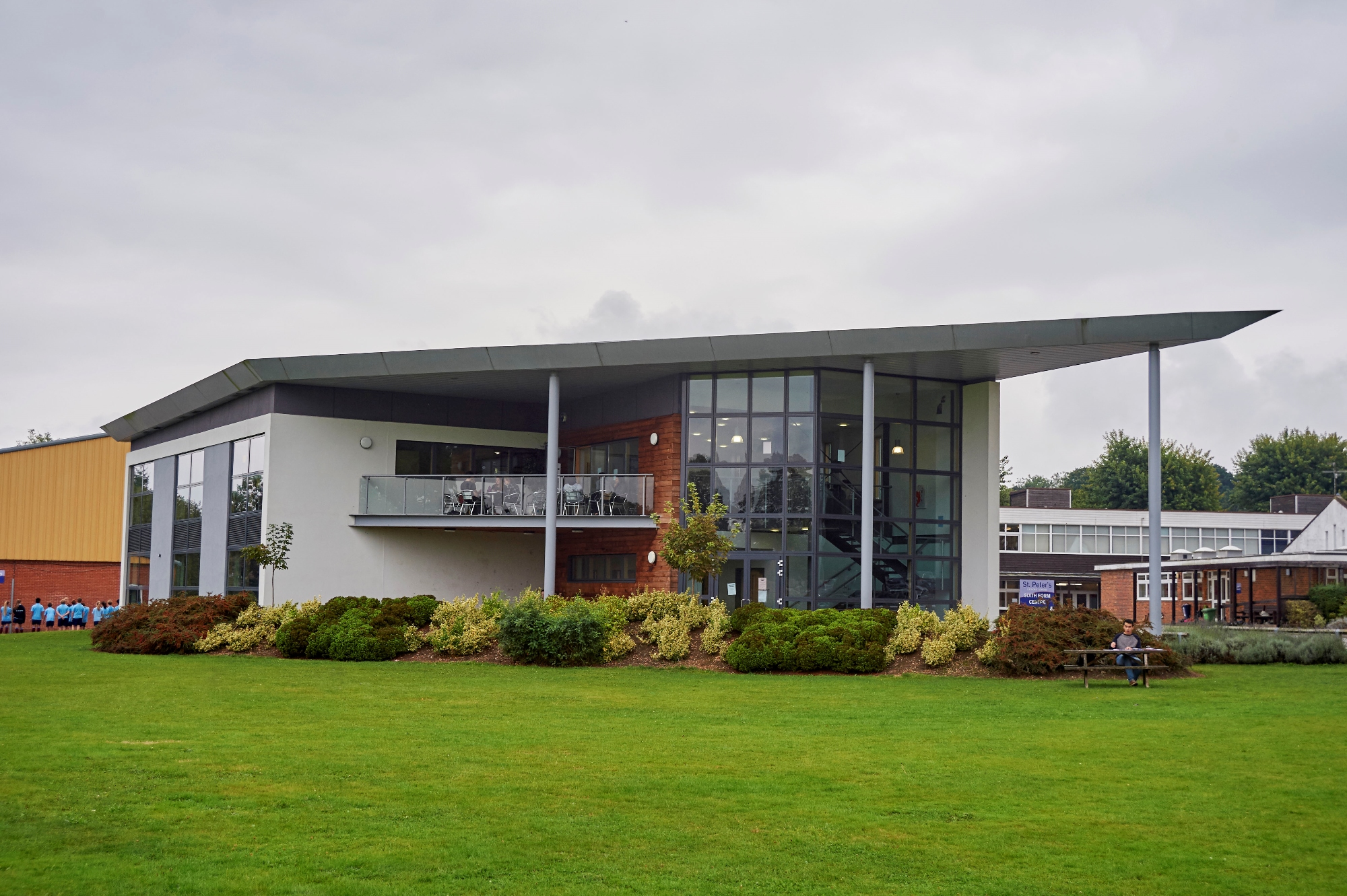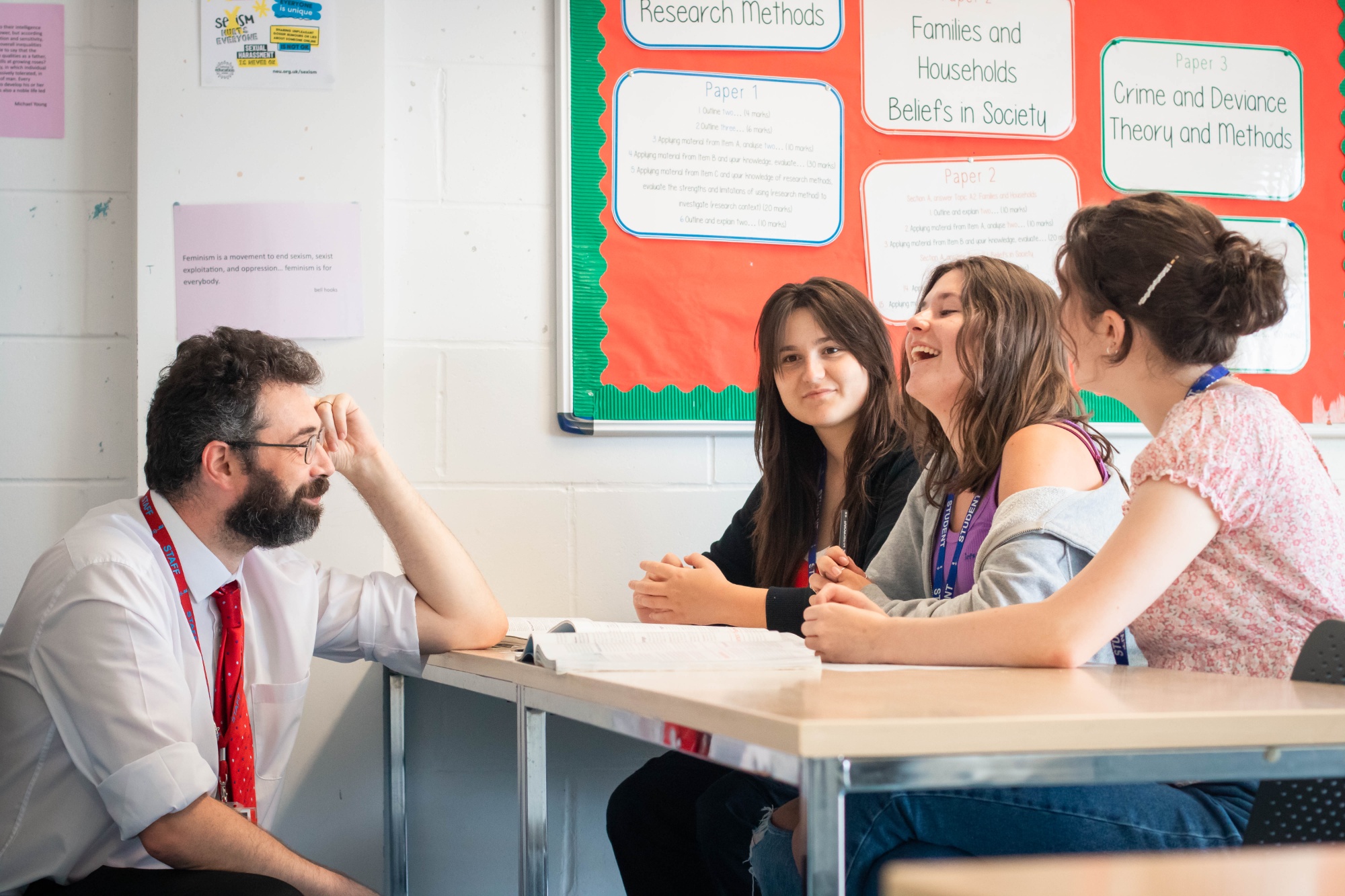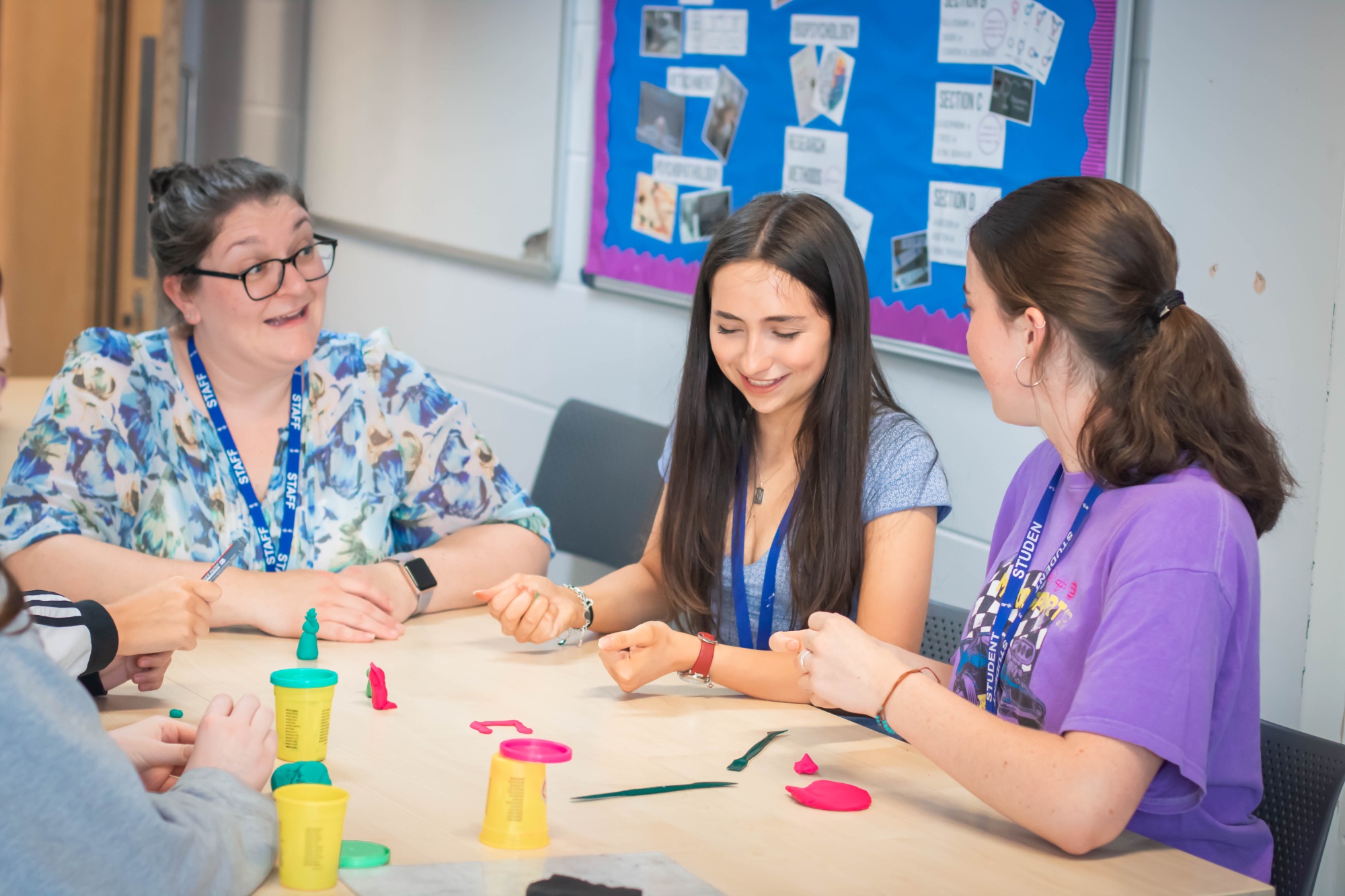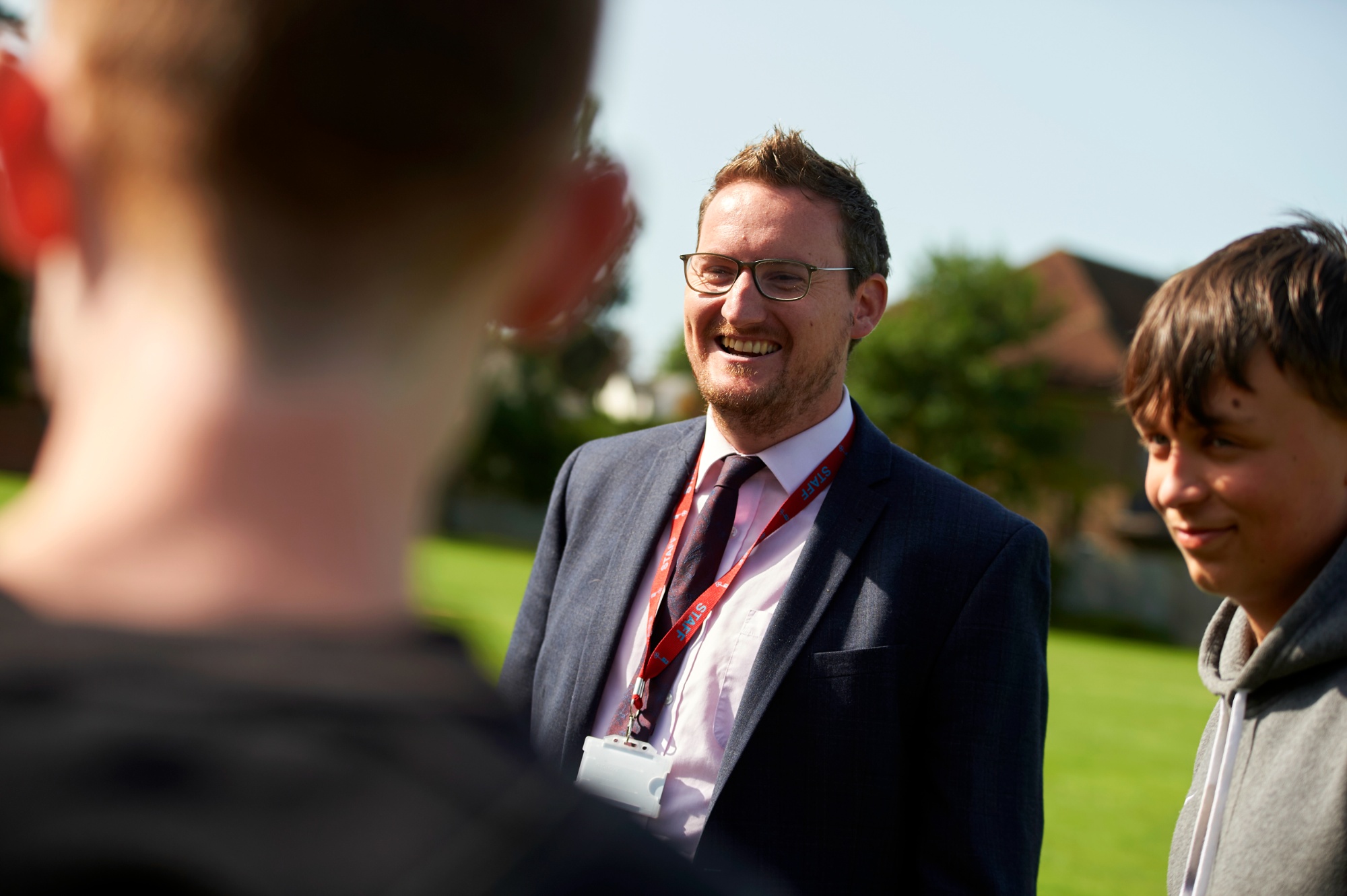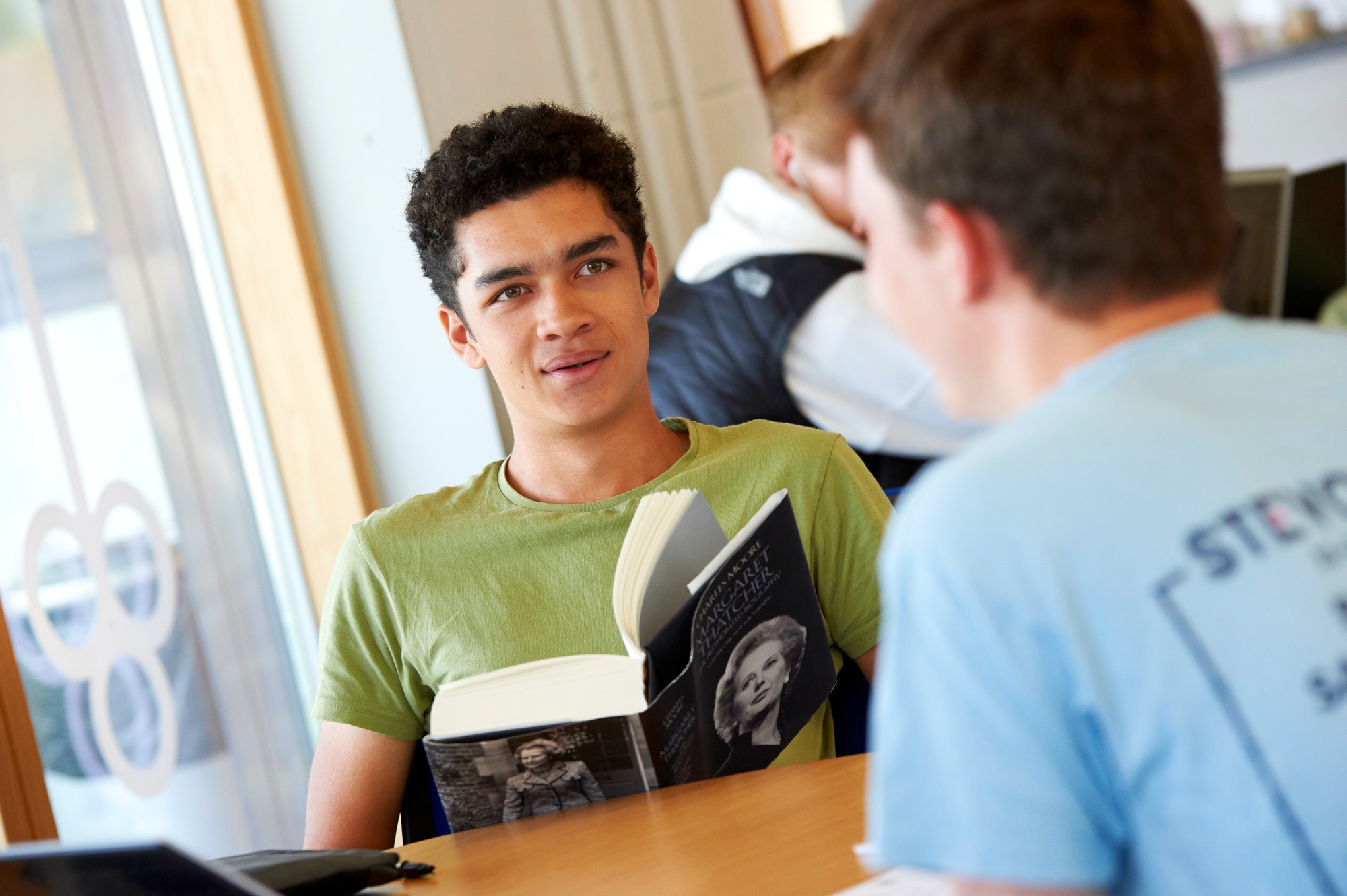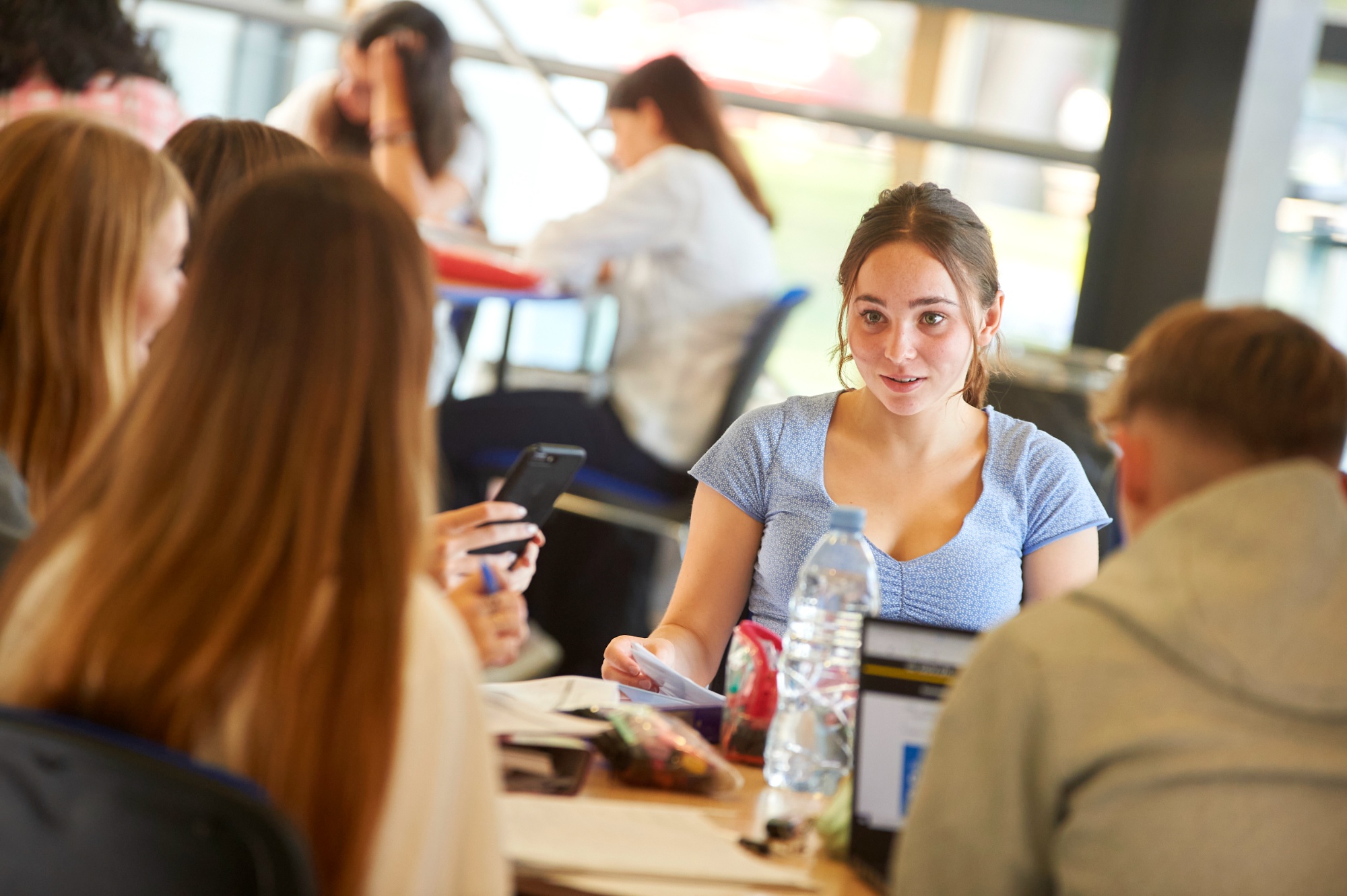Computer Science
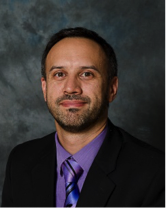
Mr P Bates
Head of Computing
THE TEAM
| Mr S Campbell | Teacher of Computing |
| Mr S Copeland | Assistant Head of Computing |
INTRODUCTION TO THE DEPARTMENT
In the Computing Department, we aim to help students to improve their knowledge and understanding of this key subject. We have a responsibility to prepare them for a world where digital skills are in high demand, and considered by the government, employers and other leading individuals as being of strategic importance.
WHY STUDY COMPUTER SCIENCE?
The continued rapid development in computing and technology is changing the way that we live our lives in the 21st century, from both a professional and social perspective. We face a future where Internet-enabled devices will be found throughout our homes, driverless vehicles will travel down roads, and nanotechnology will combat illness and disease. It is vitally important that we have not only users of IT, but those who are sufficiently skilled and knowledgeable to program computers, especially if we are to meet the technological demands of society.
A Level Computer Science will provide you with a wide range of skills and knowledge, building on from the learning at GCSE, both in terms of the theory and programming aspects. This subject would be ideal for those students considering a career in a computer-related field.
FUTURE ACADEMIC AND CAREER PATHWAYS
Computer Science is a rigorous course that will benefit students regardless of the academic or career pathway they choose. Many of the top British universities offer degrees in Computer Science and given the importance of the subject to various job sectors, there will be numerous career opportunities in the future, many of which probably do not even exist yet!
COURSE CONTENT
In Year 12, students study:
Procedural programming, Data structures part 1, Algorithms part 1, Theory of computation part 1, Data representation, Computer systems, Computer organisation and architecture and Consequence of uses of computing.
In Year 13, students study:
Object orientated programming, Data structures part 2, Algorithms part 2, Theory of computation part 2, Communication and networking, Databases, Big data, Functional programming and Systematic approach to problem solving. Students will also use time during Year 13 to complete the Non-Examined Assessment (NEA) component.
ASSESSMENT
Paper 1: On-screen exam, 2 hours and 30 minutes, 100 marks and 40% of A Level. You will be examined on your ability to program in Python, respond to a pre-release material and your knowledge of Data structures Algorithms and Theory of Computation.
Paper 2: Written exam, 2 hours and 30 minutes, 100 marks and 40% of A Level. You will be examined on your theoretical knowledge of Data representation, Computer systems, Computer organisation and architecture, Consequence of uses of computing, Communication and networking, Databases, Big data and Functional programming.
NEA: Approximately 50 hours, 75 marks, 20% of A Level. You will use your knowledge and skills to solve or investigate a practical problem of your choice.
EXTRACURRICULAR OPPORTUNITIES
- Learning a second programming language
- Supporting KS3 or KS4 students with studies
COURSE REQUIREMENTS
Ideally students should achieve a grade 6 in GCSE Computer Science and GCSE Maths.
Note: Students who haven't studied GCSE Computer Science may be able to study A level Computer Science but need to talk to the Head of Department and Head of Sixth Form about demonstrating proficiency in the subject.

